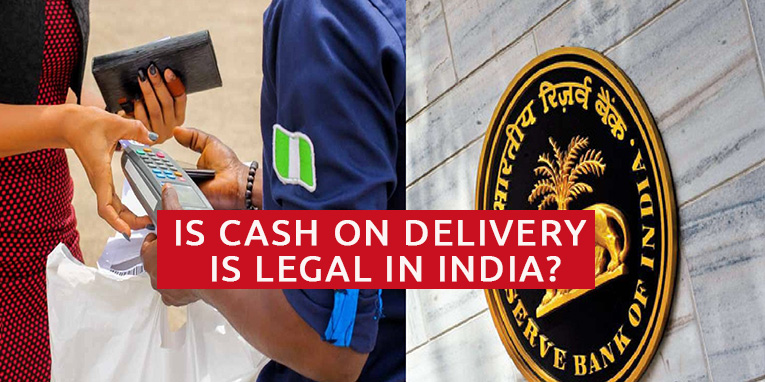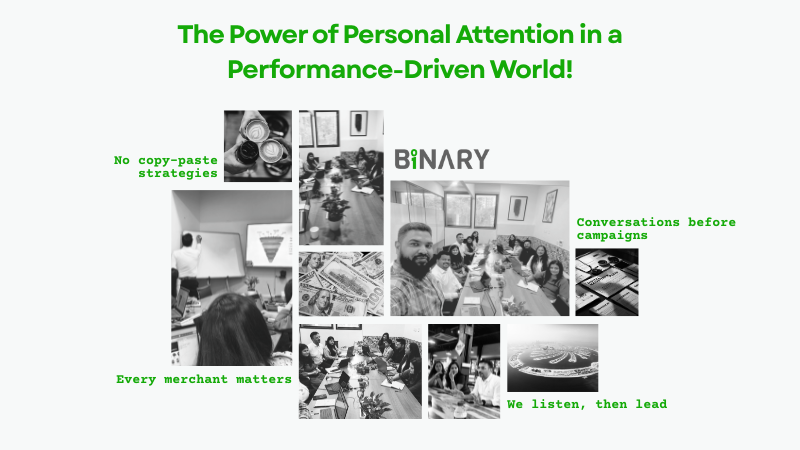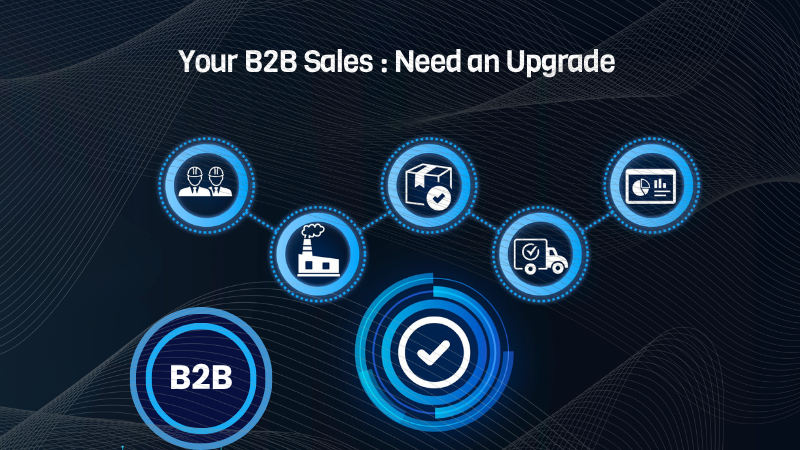Cash on Delivery (CoD) was an instant hit when it was introduced by Flipkart in 2010. Almost every e-commerce giant had to follow and bring in a CoD option despite increased cost of operations. A recent RTI reply from RBI about the authorization of CoD payment collection and disbursement created huge uproar about the legality of CoD.
“Confirm if cash-on-delivery payment collection and disbursement to ecommerce merchants by ecommerce marketplaces such as Flipkart and Amazon (are) covered under the definition of payment system and system provider of the Payments and Settlements Systems Act, 2007, No. 51 of 2007 by acting as intermediaries and system providers. If yes, are these payment systems authorised as per Section 8 of the said Act?” was the query filed in the RTI by Mr. Dharmendra Kumar.
The RBI had the following reply to the RTI: “RBI has not issued any specific instruction in this regard, intermediaries would include all entities that collect monies received from customers for payment to merchants using any electronic/online payment mode, for goods and services availed by them and, subsequently, facilitate the transfer of these monies to the merchants in final settlement of the obligationsof the paying customers.
Now, the Payments and Settlements Act 2007 came into effect in August 2008 to regulate and supervise all the payment systems in India. The PSS Act, 2007 provides for the regulation and supervision of payment systems in India and designates the Reserve Bank of India (RBI) as the authority for that purpose and all related matters. The RBI is authorized under the Act to constitute a Committee of its Central Board known as the Board for Regulation and Supervision of Payment and Settlement Systems (BPSS), to exercise its powers and perform its functions and discharge its duties under this Act. The Act also provides the legal basis for “netting” and “settlement finality”. This is of great importance, as in India, other than the Real Time Gross Settlement (RTGS) system all other payment systems function on a net settlement basis.The Board for Regulation and Supervision of Payment and Settlement Systems Regulation, 2008 deals with the constitution of the Board for Regulation and Supervision of Payment and Settlement Systems (BPSS), a Committee of the Central Board of Directors of the RBI. It also deals with the composition of the BPSS, its powers and functions, exercising of powers on behalf of BPSS, meetings of the BPSS and quorum, the constitution of Sub-Committees/Advisory Committees by BPSS, etc. The BPSS exercises the powers on behalf of the RBI, for regulation and supervision of the payment and settlement systems under the PSS Act, 2007.The Payment and Settlement Systems Regulations, 2008 covers matters like form of application for authorization for commencing/ carrying on a payment system and grant of authorization, payment instructions and determination of standards of payment systems, furnishing of returns/documents/other information, furnishing of accounts and balance sheets by system provider etc.
The RBI has given no clarification on the issue. While CoD conforms to the law of accepting money on someone else’s written behalf, it does leave a grey area under the Payments and Settlements Act 2007. With the government which is keen on bringing a new legislation on e-commerce would also be keeping a keen eye on the regulation of the CoD payment mechanism.


















